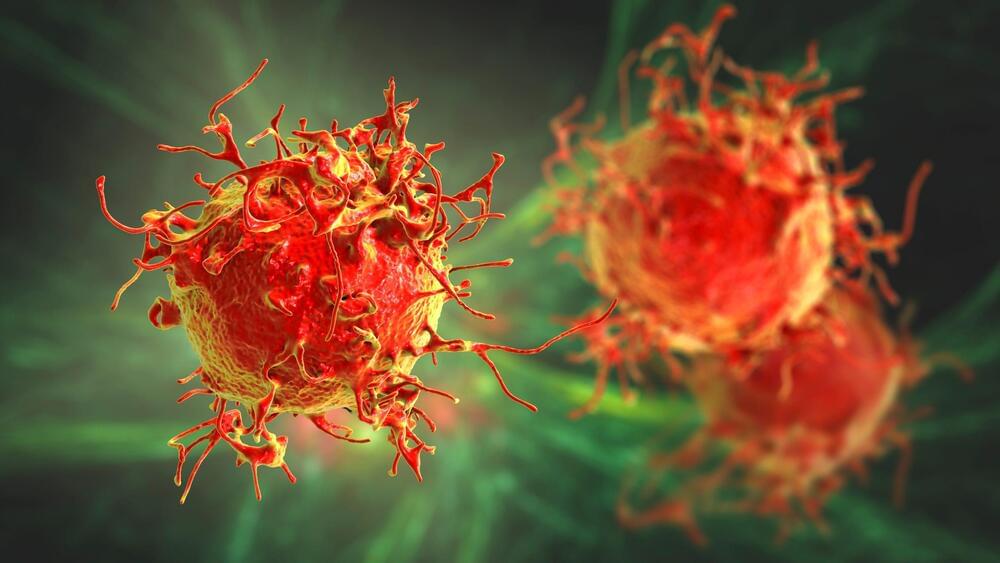The findings are published in Cancer Cell in an article titled, “Evolution of immune and stromal cell states and ecotypes during gastric adenocarcinoma progression.”
“Understanding tumor microenvironment (TME) reprogramming in gastric adenocarcinoma (GAC) progression may uncover novel therapeutic targets,” wrote the researchers. “Here, we performed single-cell profiling of precancerous lesions, localized and metastatic GACs, identifying alterations in TME cell states and compositions as GAC progresses. Abundant IgA+ plasma cells exist in the premalignant microenvironment, whereas immunosuppressive myeloid and stromal subsets dominate late-stage GACs.”
“Gastric adenocarcinoma exhibits a high degree of heterogeneity with respect to both its phenotypes and molecular characteristics, but research around it has lagged behind other cancer types,” explained Linghua Wang, MD, PhD, associate professor of genomic medicine. “Most studies have concentrated on tumor cells and largely overlooked the immune and stromal cells within the tumor microenvironment, which are very dynamic and play critical roles in cancer progression. This study represents the largest single-cell RNA sequencing cohort of gastric adenocarcinoma to date and brings important new insights into how these cell populations impact disease progression.”
